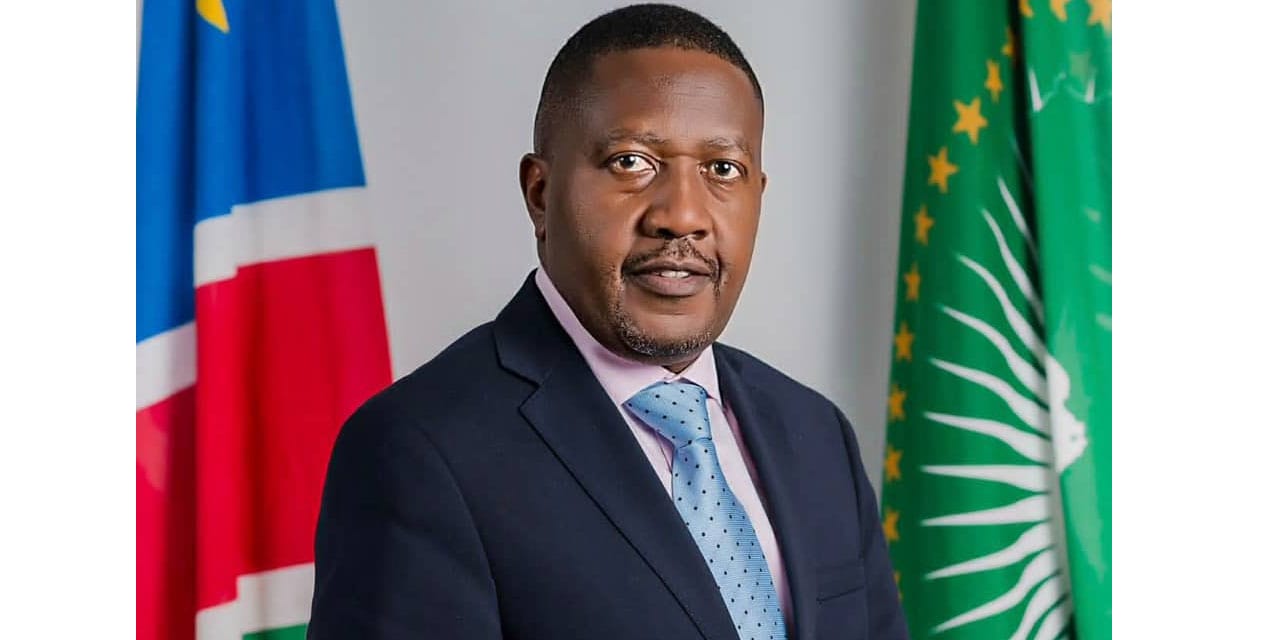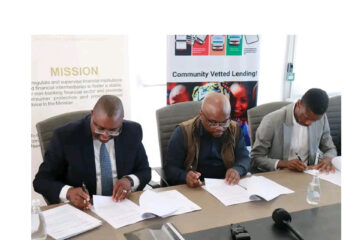Niël Terblanché
The International Organisation for Migration (IOM), with the support of the Southern Africa Migration Management (SAMM) project, organized a regional capacity development workshop on the engagement of people living in the diaspora as natural ambassadors for their countries.
The capacity development event contributed to building the technical and institutional mechanisms at the national levels on diaspora engagement and ensuring that the member states have the requisite capacity to engage their community in the diaspora, effectively.
In order to support the creation of common approaches towards diaspora mapping and engagement, the IOM Diaspora Mapping Toolkit provides users with practical guidance and advice on using a bottom-up approach to build a system for effective and sustainable diaspora mapping and engagement.
Ambassador Penda Naanda, the Executive Director of the Ministry of International Relations and Cooperation, at the closing of the workshop, said that he believes that the collective objectives to build capacity towards enhancing mechanisms for diaspora engagement and diaspora mapping within the broader context of the SDGs and the Global Compact for Migration (GCM) have been reached.
“I have no doubt that the expected outcomes of the event to increase awareness of the continental and regional frameworks engagement and their relevance to and applicability to the SADC Region and to strengthen the capacity of the participants to engage the diaspora and approaches of mapping our diaspora have been attained or even exceeded,” he said
He was of the opinion that people in the diaspora are key partners for national development and are natural ambassadors for any country.
“We should prioritise engaging them for our mutual benefit. Our Diaspora also needs our respective Governments and national entities to be more responsive to their needs and interests. Let us find ways to continue strengthening linkages with people in the diaspora and enhance our communication and outreach programmes,” he said.
The objective of the event was to contribute to strengthening the capacities of policymakers and diaspora focal points from the SADC Member States and the SADC Secretariat to improve the mechanism for diaspora engagement and diaspora mapping within the broader context of the SDGs and objectives 9 and 10 GCM, SADC regional instruments on diaspora engagement and the specific context of the SAMM project.
Some of the expected outcomes of the training were to increase awareness of the continental and regional frameworks engagement and their relevance and applicability in the SADC region as well as to strengthen the capacity of the participants on engagement diaspora and approaches for mapping the diaspora.
Participants included policymakers and diaspora focal points in the ministries of Foreign Affairs and Labour, including AU CIDO, IOM and the European Union.
Ambassador Naanda expressed his appreciation to the IOM for partnering with the Namibian Government to host the event and thanked the Regional Director for his leadership.
“We also thank the EU for sponsoring the Workshop; a big thank you equally goes to the African Union Commission and the SADC Secretariat for their engagement over the last three days,” he said.
Ambassador Naanda encouraged participants to keep the momentum of the workshop and to impress upon their governments the necessity to prioritise the implementation of the Maputo Declaration, particularly the need to develop a regional policy framework, with the support of the SADC Secretariat and IOM.




